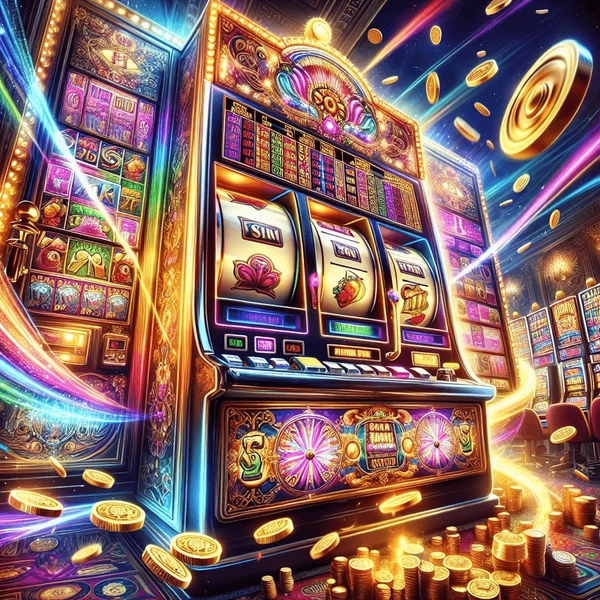PSP Games: Warisan Strategi yang Menginspirasi PlayStation Modern
PSP games tidak hanya menghibur, tetapi juga menjadi warisan penting bagi PlayStation harum win games modern. Judul seperti Crisis Core: Final Fantasy VII, Patapon, dan Monster Hunter Freedom Unite dianggap best games karena kemampuan mereka menggabungkan strategi, narasi, dan gameplay kreatif dalam format portabel. Meskipun layar kecil dan grafis terbatas, pengalaman bermain yang disuguhkan tetap memuaskan.
Keunggulan utama PSP adalah portabilitas. Pemain bisa menikmati game kapan saja dan di mana saja, membuat gameplay fleksibel dan efisien. Konsep ini diadaptasi ke PlayStation modern, yang tetap mempertahankan kepadatan pengalaman bermain meski skala dunia lebih besar dan pertarungan lebih kompleks.
PSP juga menjadi laboratorium inovasi untuk sistem co-op dan multiplayer. Monster Hunter Freedom Unite mengajarkan koordinasi tim, strategi penggunaan skill, dan manajemen sumber daya. Prinsip ini diterapkan di PlayStation modern, meskipun kini multiplayer bersifat global, tetap menjaga esensi strategi dan kerja sama tim.
Narasi PSP games, meskipun singkat, mampu memberikan pengalaman emosional. Crisis Core membuktikan bahwa cerita padat dapat membuat pemain terikat dengan karakter. PlayStation modern memperluas storytelling ini dengan dunia terbuka dan karakter yang berkembang, namun esensi keterikatan tetap sama.
Desain level PSP menekankan tantangan dan strategi dalam skala kecil, memaksa pemain berpikir cepat dan memanfaatkan skill secara maksimal. Konsep ini tetap relevan di PlayStation modern, diterapkan dalam dunia terbuka yang lebih besar dengan pertarungan yang lebih kompleks dan interaktif.
Kesimpulannya, PSP games membentuk fondasi strategi, co-op, narasi, dan desain level PlayStation modern, menjadikannya platform penting yang menghasilkan best games lintas generasi.








